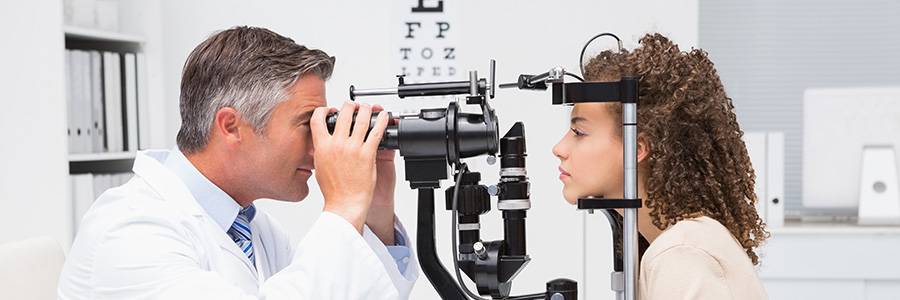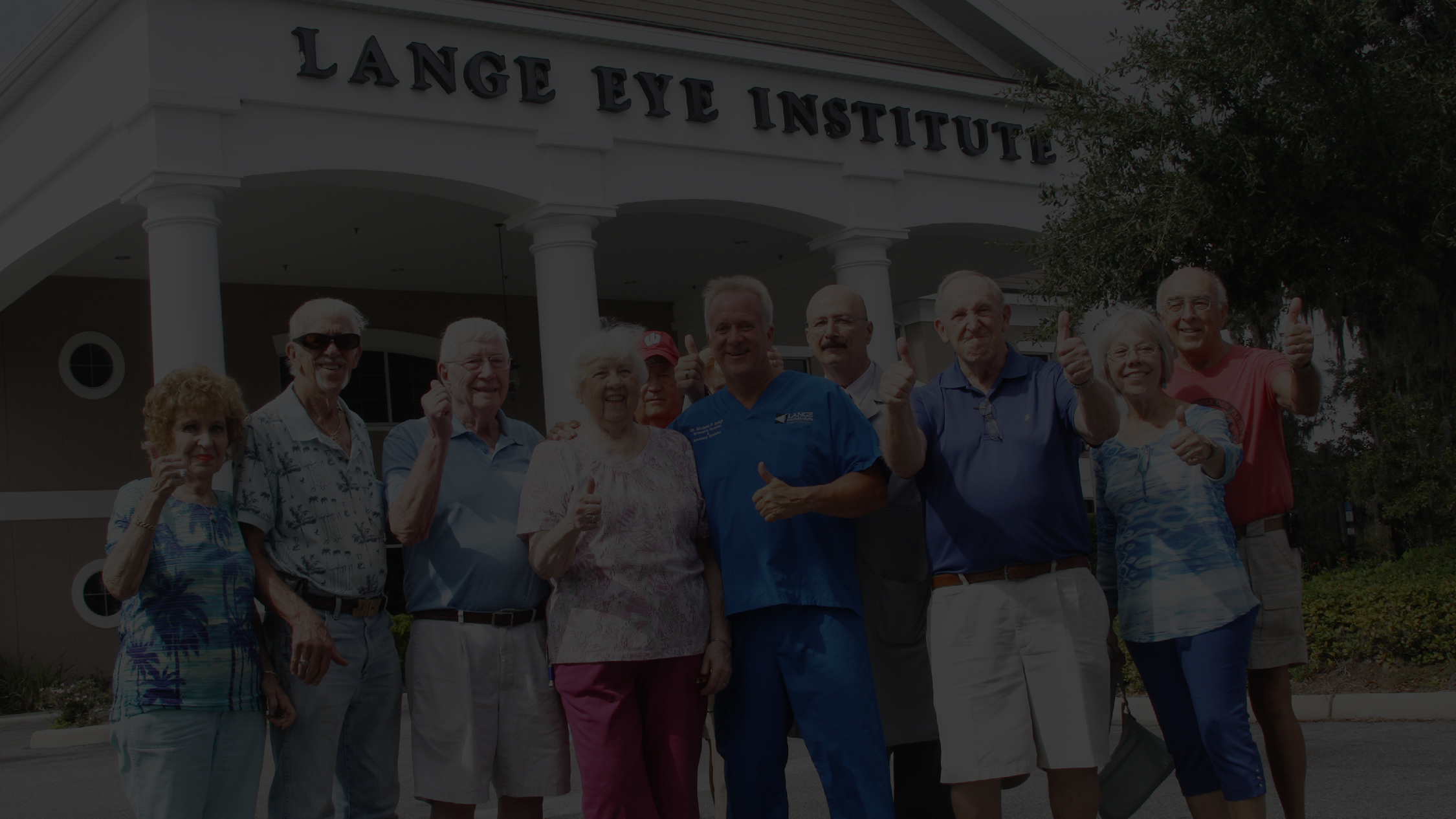Regular visits to an eye doctor are an important part of maintaining your health, however, many people don’t schedule an appointment until they start experiencing an issue. Just like going to the dentist or a primary doctor, getting checkups with an eye doctor should be a part of your routine. Most eye care professionals recommend that you have an eye exam every one to two years depending on your age, risk factors, and whether you currently wear glasses or contact lenses.
An eye exam is about more than checking your vision. It’s also an opportunity to make sure your entire visual system is healthy and functioning properly. If you’re an adult who’s going to your first eye exam or your first visit in a long time, here is what you can expect.
How should I prepare for my visit?
Similar to visiting any other doctor for the first time, you should be prepared to answer questions about your medical history and come with a list of any medications or supplements you’re currently taking. Your doctor may also ask questions about your family’s history of eye problems and other health conditions that affect eye health. If you currently wear glasses or contacts, be sure to bring or wear them to the exam.
What happens during an eye exam?
At the beginning of your eye exam, your eye doctor will ask for your medical history and ask if you’ve been having any problems with your eyes. This is your opportunity to share if you’ve been experiencing any symptoms such as blurry vision, pain, itchiness, redness, or dryness.
Next, your doctor will perform a series of tests to ensure that your complete visual system is functioning properly. While each patient may require different tests, there are five main tests your eye doctor will use during your first eye exam.
Visual acuity test
This test is used to determine if you need glasses or contact lenses to correct your vision. During this test, your doctor will ask you to read letters that are printed on a chart or shown on a screen. This is called a Snellen chart and measures how well you see at various distances.
Refraction eye exam
If your doctor determines you need glasses or contact lenses, they will move on to a refraction eye exam. This exam involves looking through a large machine that looks like a giant pair of glasses with multiple lenses. Your doctor will switch out lenses, allowing you to view the chart with varying prescription strengths. By the end of the exam, your doctor will have determined your prescription for your glasses or contact lenses.
If you’re seeking an eye doctor near The Villages, FL, contact Dr. Michael Lange today.
Glaucoma screening
This is a simple test that measures your inner eye pressure. High pressure could indicate glaucoma, which is a disease that damages the optic nerve. For this test, your doctor will have you rest your chin in a machine and move a small tool very close to your eye. Next, a quick, tiny puff of air will be blown into your eye. Don’t worry—it doesn’t hurt and is over in a second!
Eye dilation
During your eye exam, your doctor may want to get a deeper look at your internal eye structure and retina. To do this, they will use eye drops to increase the size of your pupils, which makes it easier for them to examine your retina. This test will make your eyes more sensitive to light and make it harder to focus on objects for a few hours afterward.
Contact lens fitting
If it’s determined that you need a prescription to correct your vision, you may choose contacts over glasses. Getting fitted for contacts requires an additional examination in which your doctor measures the surface of your eye and evaluates the best choice of lenses for you.
Like the eye is the window to the body and an eye exam may not only be vision-saving but can also be life-saving. When the optometrist, optometric physician or ophthalmologist looks into your eyes they are looking for the first signs of cataracts, glaucoma, macular degeneration, retinal holes, and tears but many don’t realize. The eye care professional can also oftentimes detect the first signs of pending strokes, aneurysms, collagen vascular diseases, sexually transmitted diseases, brain tumors, diabetes, high blood pressure, thyroid issues, and much more. The key is early detection!
Ready to schedule your first eye exam? Reach out to Lange Eye Institute today.





